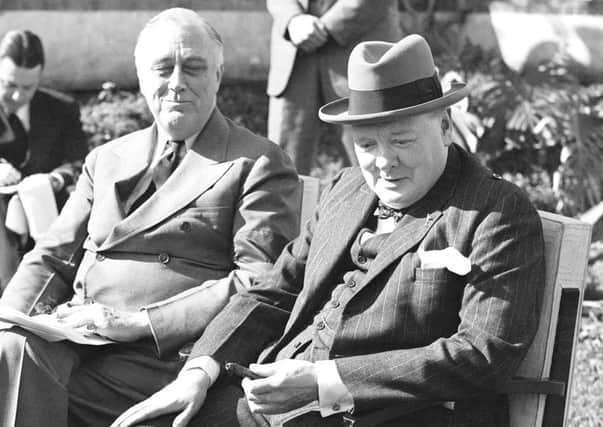De Valera refused key aid to allies, even American use of Irish ports


It is easy to understand the decision in terms of the Irish /British politics of the time. However, the struggle which began in 1939 was much more significant than that and should have been judged as such by De Valera.
Whilst Ireland would have added relatively little as a military ally, Britain desperately needed the use of the Irish Treaty Ports, which had been handed back to the Free State as late as 1938.
Advertisement
Hide AdAdvertisement
Hide AdIt needed them to offer a better chance of keeping the merchant convoys going in the cruel war in the North Atlantic, to save the lives of merchant seamen under constant attack from German U-boats and, above all, to ensure the continued supply of essential food and raw materials, not only to Britain but also to the Irish Free State.


When the US entered the war, Roosevelt appealed to De Valera to at least allow the US Navy the use of Irish ports, but was also refused.
This was a particularly short-sighted decision, given the continued Irish need for political support in the US. Indeed, Max Hastings has speculated that a significant military presence by the US in Ireland might have led, post-war, to a major boost to the Irish economy from American investment, decades before it actually happened.
To be fair, Irish neutrality under De Valera was often benevolent; for example, RAF crews who crash-landed in the Free State were invariably returned across the border and De Valera also authorised Irish fire services to go to the aid of Belfast during the Blitz.
Advertisement
Hide AdAdvertisement
Hide AdHowever impressive a figure De Valera was in the long view of Irish history, his decisions were often very flawed – the most obvious of which was his expression of condolence on the death of “Herr Hitler”. In some ways a great man, in other ways he was short-sighted and misguided.
Trevor Killen, Ballynahinch